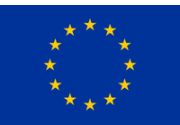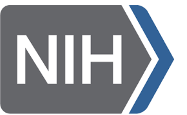
Summary
Data management plan required at application? A full data management plan is no longer required. Projects that are using or collecting data should cover key data management issues in the Ethics and Responsible Research and Innovation section of the application.
DMP template available from funder? No. Brief guidance on the data management issues that should be discussed is provided by the AHRC. An AHRC data management plan template is available via DMPonline.
Data management costs covered by funder? The AHRC does not provide funding in research grants for publication costs associated with traditional text-based publications (e.g. journal articles, monographs, etc.), as these are covered by block funding. However, publication costs associated with other research outputs may be included in grants as a Directly Incurred Other Cost, as long as these costs are fully justified.
Data publication timeframe? Not specified.
Data preservation timeframe? Not specified.
Preferred data repository? No.
Data access and sharing? Research funded by the AHRC is covered by the overarching UKRI policies, which state that publicly funded research data should be made openly available in a timely and responsible manner, with as few restrictions as possible.
Further resources
- Research funded by the AHRC is covered by wider UKRI requirements, including those on Making Your Research Data Open
- UKRI Guidance on Best Practice in the Management of Research Data
- Digital Humanities@Oxford – a central information point about activities, resources and facilities in the digital humanities at Oxford
- Archaeology Data Service
Last reviewed 2024-07-03.



















